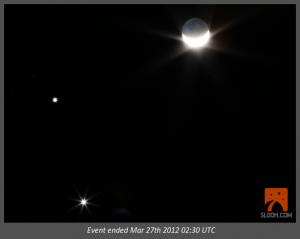Check out this video from National Geographic on James Cameron’s deep sea adventures in the Mariana Trench. There is actual footage from under the sea mixed in with his commentary.
On his trips he goes about 7 miles below the sea surface and explores the depths of the Marian Trench – the lowest points on the Earth’s surface. So far he’s seen nothing but a lot of small shrimp-like creatures. It’s completely dark and the pressure is 16,000 pounds per square inch. For comparison the average atmospheric pressure at sea level is about 14.7 pounds per square inch. The area he wants to explore is more than 50 times larger than the Grand Canyon. I for one wasn’t surprised that there isn’t much to see down there, but maybe he’ll stumble across some signs of life on subsequent explorations.
